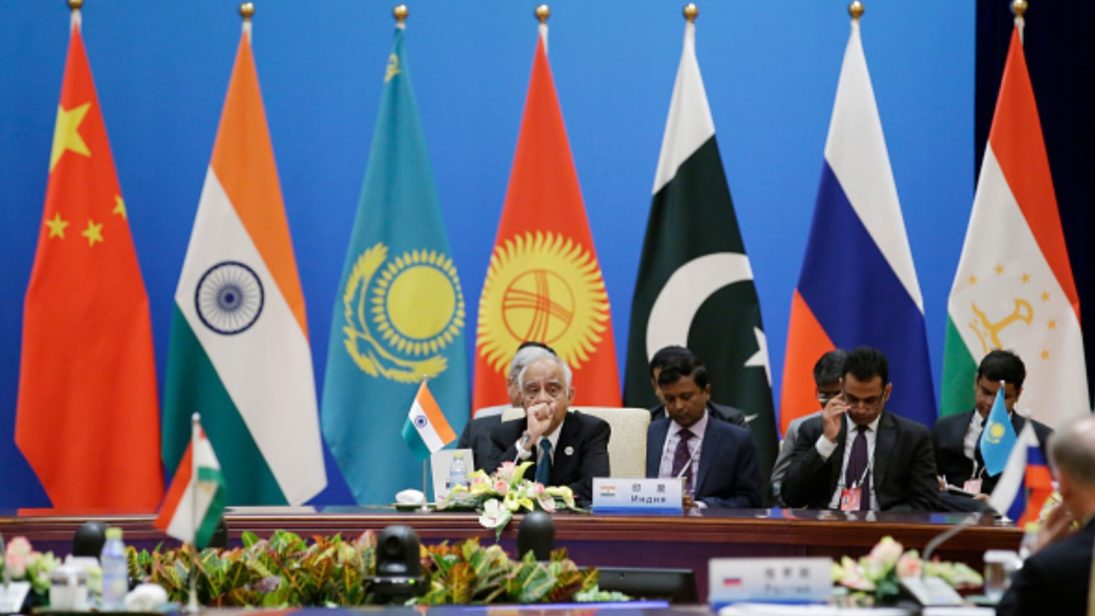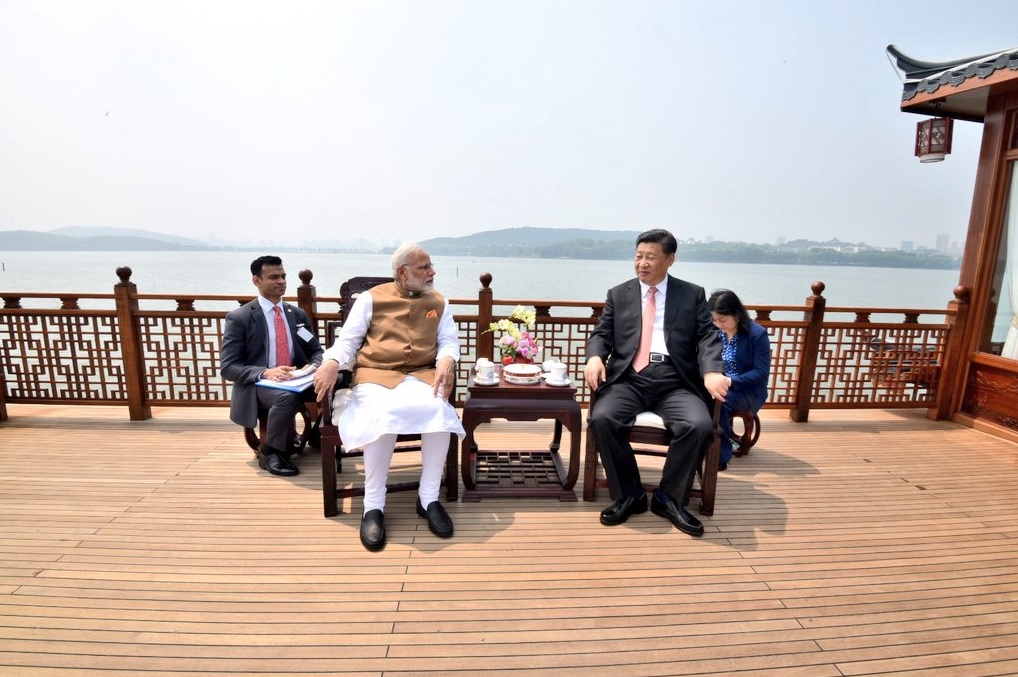
At a recent event on India-China relations in New Delhi, Chinese Ambassador to India Luo Zhaohui raised eyebrows when he floated the idea of a China-India-Pakistan trilateral under the Shanghai Cooperation Organization (SCO) framework. He argued that if China, Russia, and Mongolia could meet under the SCO, there was no reason why India, China, and Pakistan could not do the same. However, New Delhi’s response to this was predictable. “Matters related to India-Pakistan relations are purely bilateral in nature and have no scope for involvement of any third country,” said Indian Ministry of External Affairs spokesperson Raveesh Kumar while clarifying that New Delhi had not received any such request from the Chinese government. While China formally distanced itself from the Ambassador’s remarks, Chinese Foreign Ministry Spokesman Geng Shuang underscored the importance of improving mutual trust, saying, “We are willing to conduct relations with all our neighbors including Pakistan and India to strengthen our cooperation for better development and stability in this region.”
While India has a number of concerns that need to be addressed in its bilateral relations with both China and Pakistan, New Delhi should not rule out collaboration with Islamabad and Beijing in the long run.
This is not the first time China has made such overtures, only to be turned down by India: just last year, China offered to mediate between India and Pakistan to resolve the Kashmir issue, which India rejected. While India has a number of concerns that need to be addressed in its bilateral relations with both China and Pakistan, New Delhi should not rule out collaboration with Islamabad and Beijing in the long run.
Indian Objections to Trilateral Cooperation
India’s major objections to trilateral cooperation largely stem from its distrust of Chinese actions in the region. India opposes the China Pakistan Economic Corridor (CPEC) because it passes through Gilgit-Baltistan, which is disputed territory claimed by both India and Pakistan. If CPEC operates there, China becomes a stakeholder to the regional dispute, which adds to India’s threat perception regarding the internationalization of the Kashmir issue and increasing Chinese presence in the Indian Ocean. Both Pakistan and China have repeatedly offered India a seat at the regional connectivity table, however New Delhi remains skeptical. Further, China’s turning a blind eye to terrorism emanating from Pakistan has also raised suspicion in India.
China’s Changing Approach?
Of late, however, China’s decisions regarding its South Asian neighbors can be seen as an opportunity for enhancing Sino-Indian relations: first, China reneged on its initial vote resisting the United States’ motion to “grey list” Pakistan at a Financial Action Task Force plenary session in February. While the reasons for its doing so remain ambiguous, this is a significant development given China’s positive relationship with Pakistan in the past, and its public platitudes on Pakistan’s counterterrorism initiatives.

Second, at the informal summit between Indian Prime Minister Narendra Modi and President Xi at Wuhan, though China stated that it would not push India to accept the Belt and Road Initiative (BRI), of which CPEC is the flagship project, a formal announcement proclaimed that Beijing and New Delhi would be engaging in a joint economic development project in Afghanistan. First discussed at Wuhan, this was taken further during the Modi-Xi meeting on the sidelines of the SCO Summit. Given that previously China has tacitly backed Pakistan in Afghanistan, this decision may be considered a snub to Islamabad.
India-Pakistan Relations
Beijing has shown willingness to prevail upon Pakistan to make certain changes to its policy, indirectly at times, and while Sino-Indian relations are improving, there may be a possibility for future constructive engagement at the trilateral level.
Not only does the India-China relationship seem to be on an upswing recently, but the India-Pakistan relationship has also seen some positive signs: the Pakistani military has made important overtures towards India, with Army Chief Qamar Javed Bajwa recognizing the need for dialogue between India and Pakistan in order to establish peace. While this has not translated to immediately meaningful changes across the Line of Control (LoC) in Kashmir, the recent recommitment to the 2003 ceasefire agreement can be considered an additional move towards thawing relations between the two.
Following the Trump-Kim summit in Singapore earlier this month, prominent Pakistani politician Shahbaz Sharif commented that India and Pakistan should learn from the United States and North Korea, and look towards resolving outstanding issues. Whether there is a genuine desire for peace between the two remains to be seen, but these are encouraging signs. Further engagement will be determined following upcoming elections in both countries.
Conclusion
Beijing has shown willingness to prevail upon Pakistan to make certain changes to its policy, indirectly at times, and while Sino-Indian relations are improving, there may be a possibility for future constructive engagement at the trilateral level. Especially given the scope of regional connectivity initiatives, New Delhi cannot view these relationships from a singular prism, and it needs to be flexible, if only in pursuit of its own interests in the region.
***
Image 1: Jason Lee via Getty Images
Image 2: MEA India via Twitter


